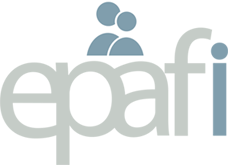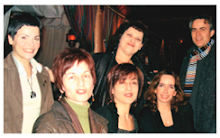Sunday June 15, 2008, The Observer
We are speaking a language which has inherited words from Celtic, Anglo-Saxon, Scandinavian, Latin, Norman French, Greek and many others ('Children find English too hard to read', News, last week).
Some have been given a new pronunciation although keeping the original spelling, for example 'yacht' from Dutch. Sometimes, the pronunciation has changed over the years from being phonetic ('knee' and 'knife' used to have the 'k' pronounced). When people say English should be spelt as it is pronounced, the question arises: pronounced by whom? There are Scottish dialects where the 'i' in 'friend' is pronounced 'freend', and where 'igh' or 'ough' are not silent but guttural - 'It's a braw, bricht, moonlicht nicht'.
English is not, and never will be, phonetic. Deal with it.
Marie Parker
London SW15
I am writing as a non-native English speaker, a linguist and a mother to challenge the findings of the report 'The Most Costly English Spellings', which you summarised last week. While English has tricky spellings because it is not a phonetic language, it has the advantage of very simple grammar. As a mother of a primary-school boy, I was surprised at the difficulty of learning to read, but found that the gradual approach taken by his school works well without putting children off. It takes time, but the pleasure has not gone out of reading.
I am from Germany, where there have been spelling reforms, and most people are confused whether to use old or new spelling, and different states have different spellings!
Barbara Karayi
London W5
Chinese is probably the most opaque writing system, and in the Fifties the Chinese government tried to simplify its character-based orthography.
The British government was considering a change in English spelling at the same time. It didn't work for the Chinese. However, rather than giving up, as the British government did, they introduced pinyin, a transparent system of writing based on Roman characters. Chinese children learn this in a couple of months and thereafter can read anything.
Over time, characters are introduced in their reading books with the pronunciation written above them in pinyin, which is eventually phased out. This also works for English. Our research shows that, when a simplified version of English is used to support standard orthography, children who are failing to acquire literacy skills make excellent progress.
Dr Ken Spencer
Centre for Educational Studies
Institute for Learning
University of Hull


1 comment:
Well said.
Post a Comment